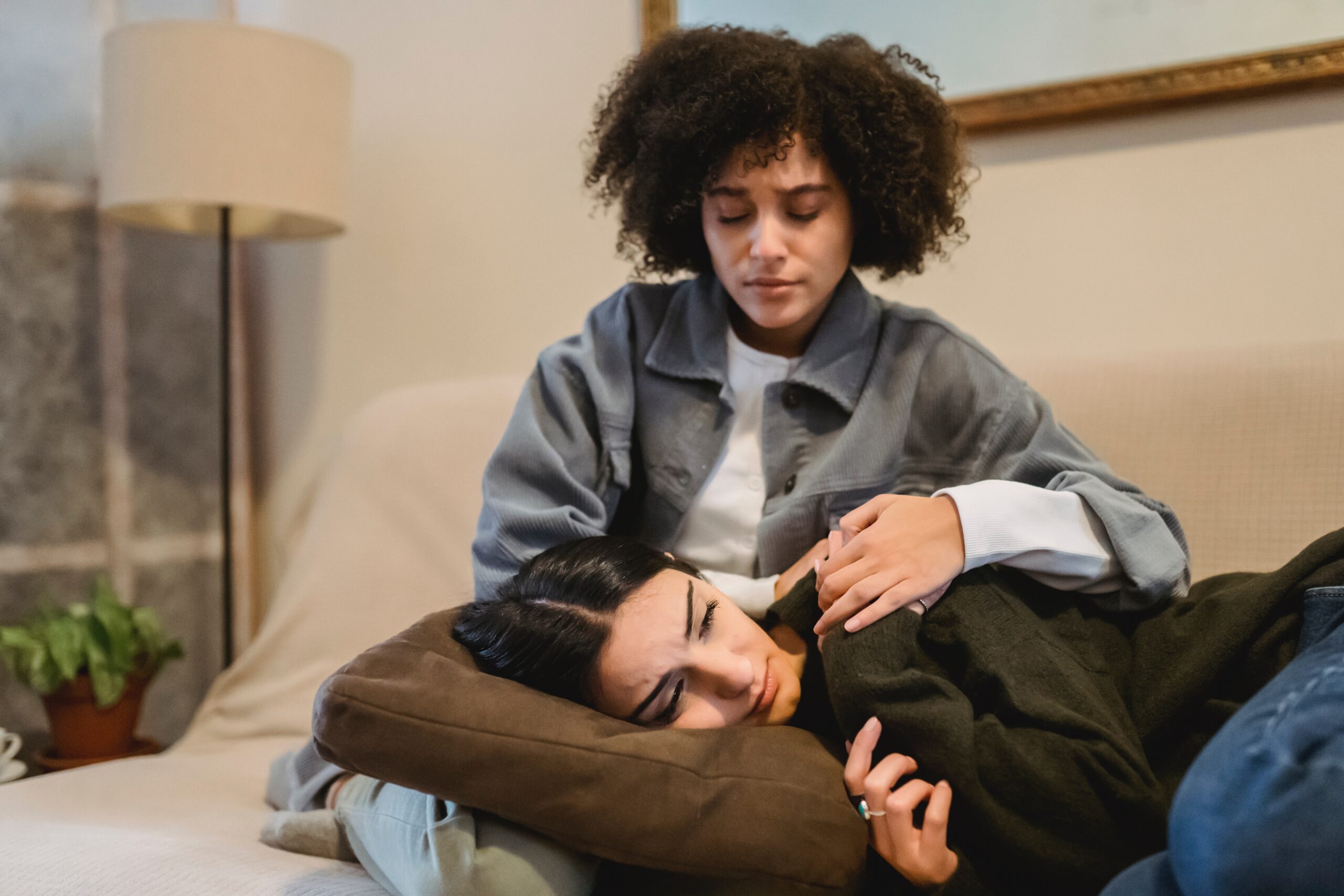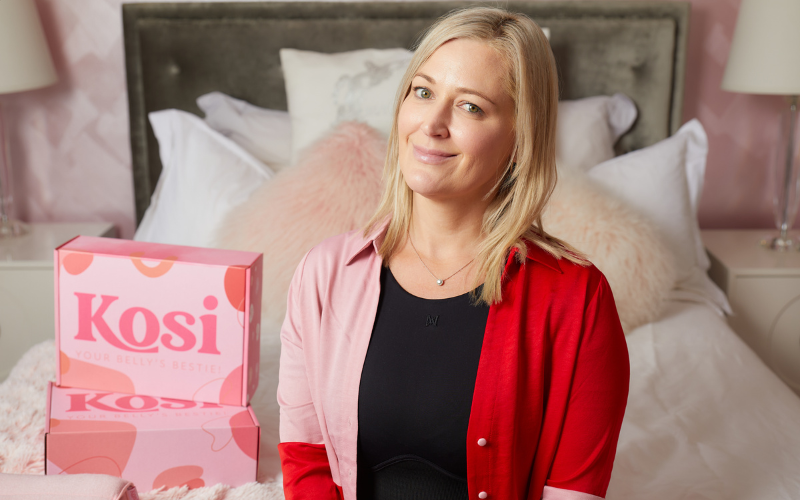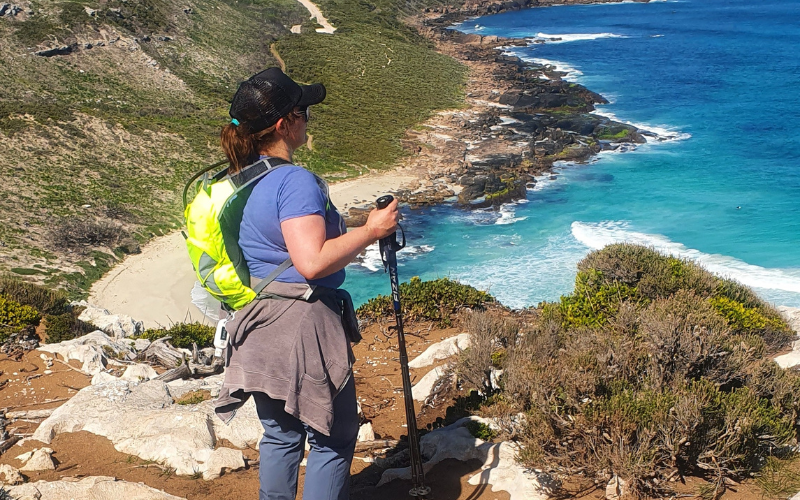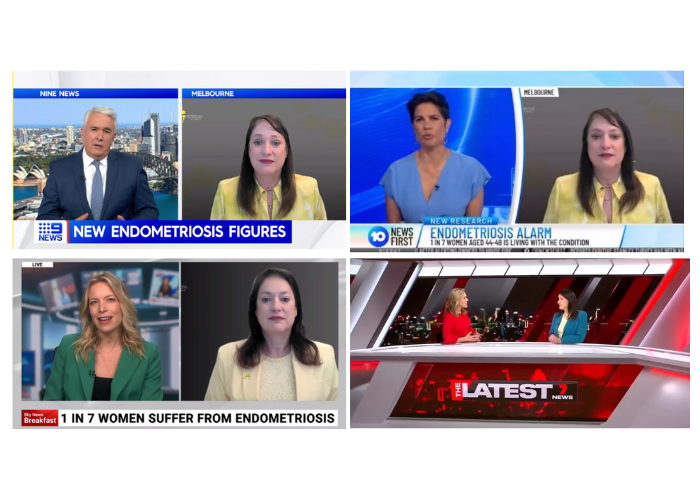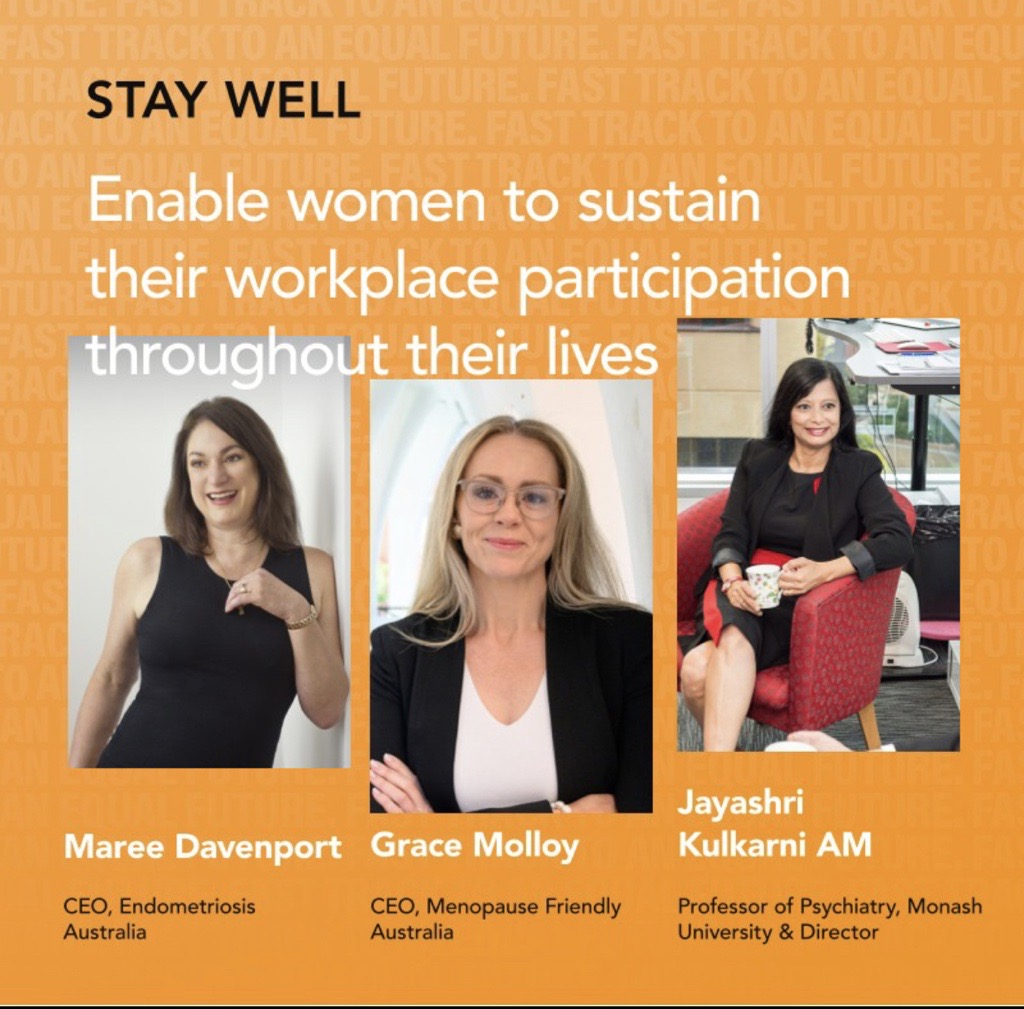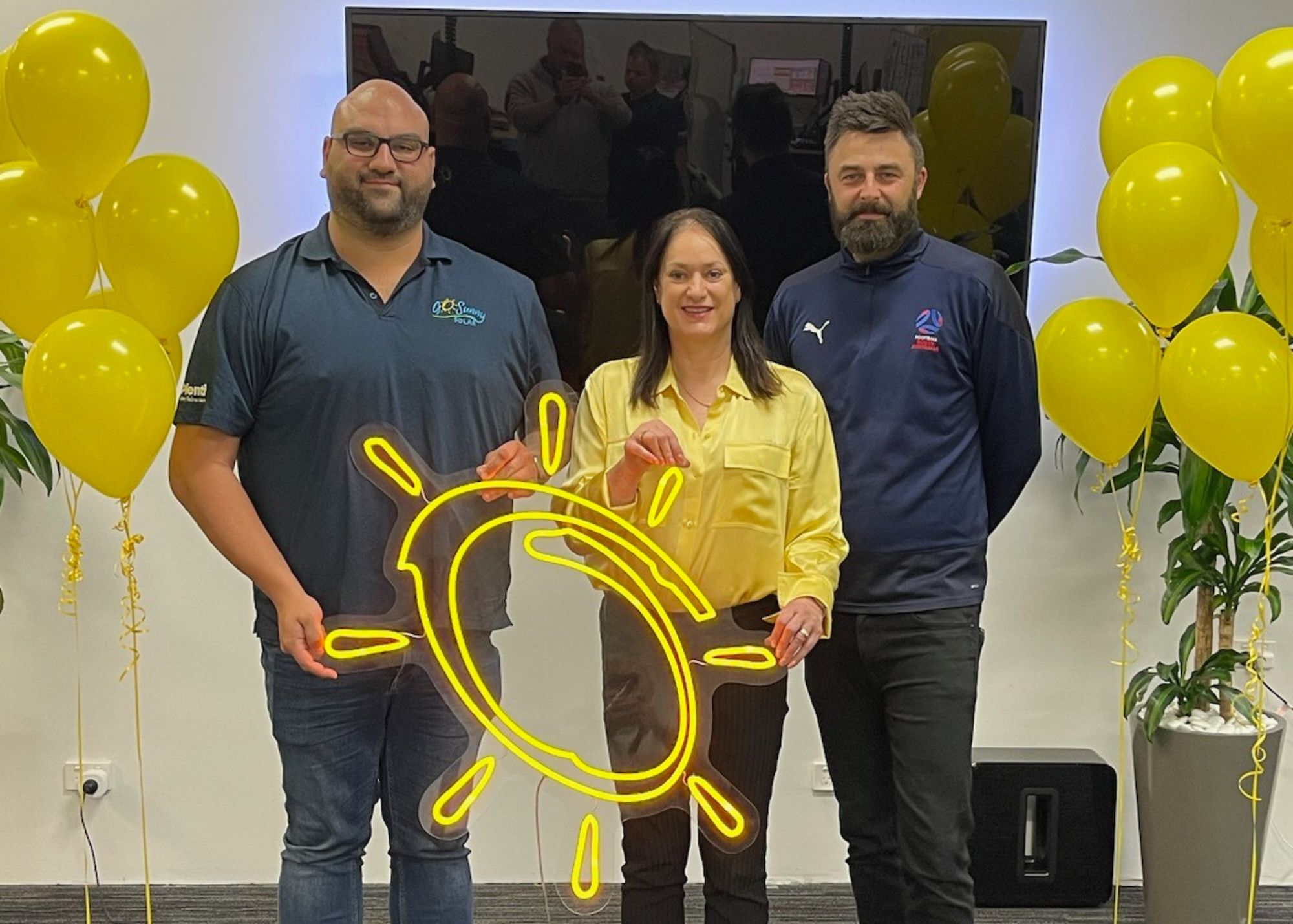Endometriosis can be a difficult disease to manage, both for those who have it and those who love them and watch them struggle.
The people on the outside looking in can feel lost and desperate to help, but not quite sure where to start. And sometimes we who are struggling may not know what we need or how to ask for help.
A strong support system is so important for any person with a chronic illness, because pain and sickness can be really isolating and depressing, and physical symptoms can get in the way of day-to-day life.
Here are some ways you can help your loved one manage their illness, and make them feel supported and loved through their struggle.
Seven ways to support someone with endo
1. Ask us what you can do to help
This one sounds simple, but is really powerful.
It’s easy for us to get stuck in our own heads and focus on all the things we have to do to take care of ourselves, that we don’t think about how others might be able to share some of the load.
Simply asking how you can help us reminds us that we don’t have to do everything alone, and can even instantly lift some of the pressure we might be feeling.
2. Distract us
Pain can be all-consuming and overwhelming, which makes distracting your loved one from their pain a really good way to help them manage through a flare up.
Whether it’s an entertaining story about your day, a cute video of unlikely animal friends, relatable memes, or some good old-fashioned jokes, distractions are almost always welcome to someone in pain.
Some people say laughter is the best medicine, and they might be onto something. Laughing is a great distraction from pain and has proven positive health benefits. In fact, the Endometriosis Australia podcast, Living with Endo, has a whole episode on “laughing yoga”.
3. Just listen
Sometimes we don’t want to talk about how we’re feeling or about our pain because we don’t want to bring other people down. But a burden shared is a burden halved, so as much as we don’t want to be a downer, we do need to talk about it sometimes.
So one of the most important things you can do is just to listen if and when we want to talk. You don’t need to have solutions or suggestions, and it’s okay to admit that you don’t know what to say or that you can’t imagine how it feels. Sometimes we just need to get it out.
4. Learn about our experience and ask us questions
Having someone show interest and put effort into understanding what we’re going through makes us feel seen.
Finding out more about endometriosis from a credible source like Endometriosis Australia will help you understand how you might be able to help, and it shows your loved one that you care.
While there are common experiences between lots of people with endo, it is notoriously individualised, so asking them about their own experiences will help you better understand what they’re personally facing.
And as long as you’re respectful and thoughtful, asking questions about what it feels like and what they might find most difficult or distressing will let them know that you care.
5. Help us manage day-to-day life
Fatigue and chronic pain are key symptoms of endometriosis that many people suffer with daily, making it difficult to keep on top of day-to-day tasks that healthy people might take for granted.
When you have the chance, helping us manage these small things can really go a long way. Extra hands make lighter work! And if you can take over altogether so they can rest when they need it, that’s even better.

6. Tell us how you see us
Chronic illness can really skew how a person sees themselves and mess with their mental health.
Maybe they resent their body for what it’s putting them through; feel like they’re weak and should be able to handle more; or just generally feel down about themselves — being in chronic pain will do that (and more) to a person.
That’s why it’s a good idea to remind your loved one what you see when you think of them and what you love about them. Maybe you admire their strength, love their positivity, or think they’re really talented.
Whatever it is, remind them sometimes.
7. Consider changing plans to make it easier for us
Our condition can really make us feel like a burden to the people around us, and sometimes we might not want to propose simple changes to plans for fear of being a nuisance. Instead, we might try to tough it out to our own detriment, or just cancel altogether.
That’s where you can potentially lighten the load, by being conscious of ways you could make it easier. If they cancel dinner plans, maybe ask if they want you to come over and keep them company instead. Or, when making plans to hang out, consider their physical limitations: is there parking/transport nearby, or will they have to walk a long distance?
You don’t even always have to think of the solution yourself. Just asking what would be easiest for them creates a safe space where they don’t feel like they have to put themselves out to avoid being a burden.
And if they ever can’t make it to something because they’re unwell, reminding them that you’re missing them can go a long way!
Hear from the Author: Natarsha Terreiro
Listen to Natarsha’s endo story on our podcast Living With Endo!
Written by,
Natarsha Terreiro

